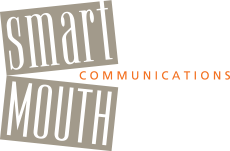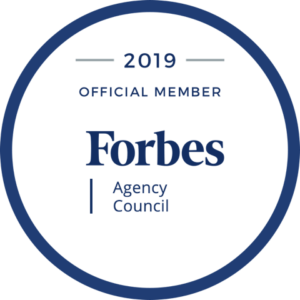Let’s face it, when you hear those three words – in relation to a meeting, speech or presentation – it’s like music to your ears, right?
Now ask yourself this: When was the last time you complained because a speaker or a meeting finished early? Probably never? Let’s go with never.
Regardless of how brilliant or compelling a speaker’s material is, audiences get downright annoyed when speakers are long-winded or go over their allotted time. In these cases, even if the content is stellar, the takeaway is a less-than-stellar impression. When people use the words “brief and to the point” to describe a speaker or presenter’s performance, it is usually high praise.
In fact, in my coaching practice, executives often come to me for help in “becoming more concise” or “making a point succinctly.” Those are common goals for coaching engagements, and it’s because the inability to be more concise or to make a point succinctly can be a career blocker. The opposite is also true; brevity can enhance a career.
Think about being that person, the one who finishes early. You know you appreciate it, so your audience surely will as well!
[Excerpted from Jock Talk: 5 Communication Principles for Leaders as Exemplified by Legends of the Sports World, http://amzn.to/1vkcxjz]
- New Agey Advice for Nervousness - November 3, 2022
- Your Passion Can Go a Long Way Toward Building Connection - October 10, 2022
- Keep stage fright a private matter while you’re speaking on a public stage! - August 11, 2022



